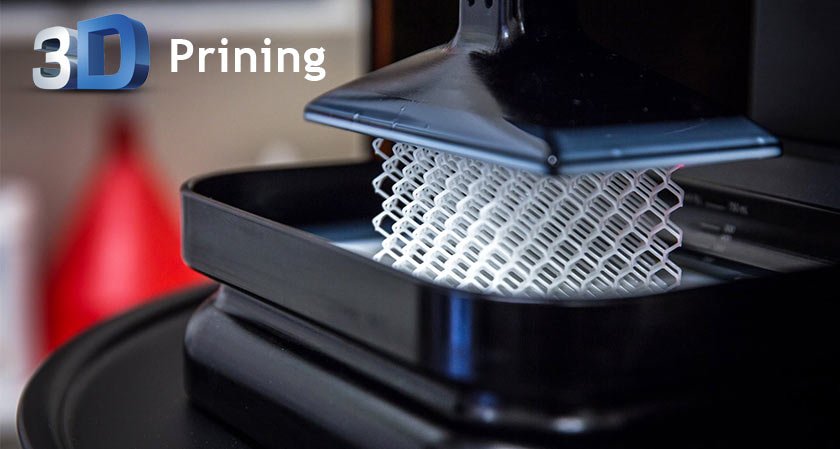The manufacturing industry has undergone a dramatic transformation in recent years. New technologies have revolutionized our approach to mass production and have bought techniques which were previously prohibitively expensive or difficult into the realm of viability for many businesses. More sophisticated and efficient manufacturing technologies not only help businesses economize by reducing their production costs; they also lead to cheaper prices for consumers and broaden the availability of products.
Understanding the nature and direction of these trends is essential to understand how the industry is developing and what technologies will play the biggest role in its future.
3D Printing
3D printing is the manufacturing technology that has gained the most press attention in recent times. 3D Printing opens up endless possibilities for companies looking to streamline their manufacturing process. While the earliest 3D printers were relatively simple machines that were only capable of printing objects that consisted of just one type of material, newer models are capable of utilizing multiple different materials in the same production process. This makes it possible to 3D print items which contain advanced circuitry and integrated electrical systems.
The ability to produce complex electronics using such a device is the exact situation that most manufacturing companies are now realizing they will have to contend with one day soon. Consumers as well are preparing for a future in which they have the power to produce items and products for themselves. This will radically alter the dynamics between consumers and producers, with consumers now in a position to produce the products themselves for a relatively small amount of money.
Strategic Partnerships
While not a technology in itself, strategic partnerships will form the foundation of many more interactions with businesses and the sharing of technology will be a key factor in this.
Not only do strategic partnerships potentially give businesses access to technology that would otherwise be beyond their reach, they also encourage more innovative behavior by sharing data and other tools with one another. Businesses are now developing a much deeper understanding of the technology they need than would be possible using in-house statistics alone.
We are also beginning to see an increasing number of businesses striking deals with individual states, for example, the IMMEX initiative, which has been implemented in Mexico.
Automation
Automation has been a controversial feature of the modern business landscape and there have been some serious anxieties in some corners concerning the potential impact automation is having on the number of jobs available to people, as well as how many jobs will be created, or potentially lost, from manufacturing companies expanding.
Automation refers to more than just the physical process of manufacturing machines. Automation is also important for identifying any potential flaws in the current product being manufactured. It is now very easy to collect data from machines which are interlinked, as they would be on a production line.
The manufacturing industry is undergoing probably the most dramatic evolution in its entire history. These trends look set to continue throughout 2018.


